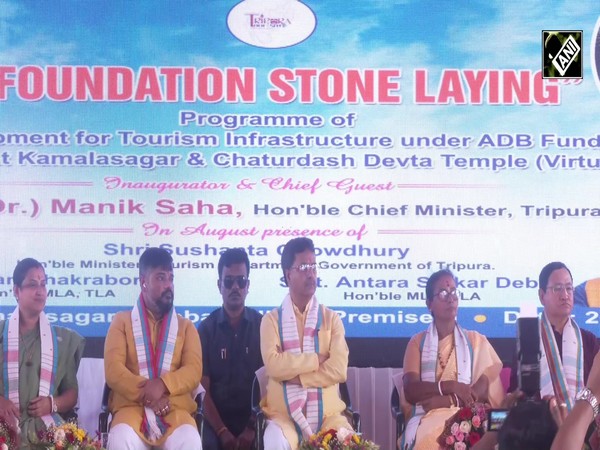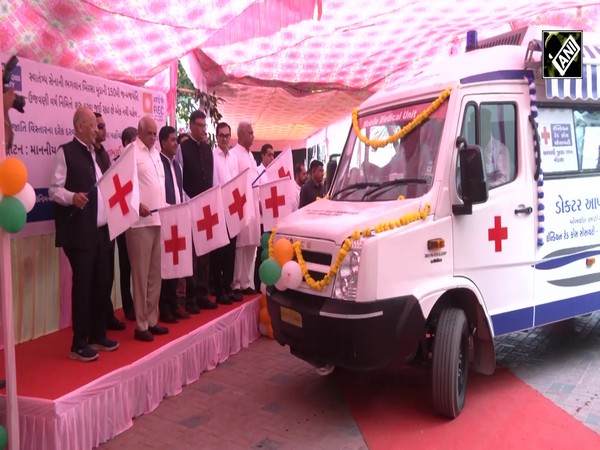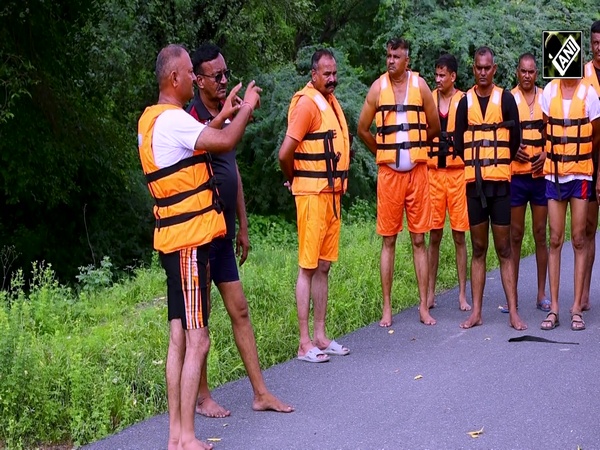Longitudinal ageing study will provide evidence base for programs for elderly: Vardhan
Oct 01, 2020

New Delhi [India], October 2 : Longitudinal Aging Study of India (LASI) will provide an evidence base for national and state-level programs and policies for the elderly population, said Dr Harsh Vardhan, Union Minister for Health and Family Welfare on Thursday.
On the occasion of International Day of Older Persons, Dr Vardhan launched a decade of healthy ageing (2020-2030) wherein he highlighted LASI's importance.
"With well-designed and judicious investments, an ageing population can help build-up human, social, economic and environmental capital. However, this would call for investing in all the phases of life, fostering enabling societies, and creating flexible but vibrant for building a society for all ages," he said.
"For this to happen, formulation of policies and programmes of the government, or any modifications therein to improve their reach and delivery, need to be evidence-based," the minister added.
In order to generate comprehensive data on social, economic and health conditions of the elderly, Vardhan said that the government undertook the LASI, the first nationwide study and the world's largest study on older adults.
Findings of LASI are being finalised by the Ministry and will be released shortly, he said.
The health minister also spoke on the emergence of COVID-19 as a public health challenge on people across India and the world.
The UN theme of the International Day of Older Persons 2020 is "Pandemics: Do They Change How We Address Age and Ageing?".
Considering the higher risks faced by the elderly during the outbreak of pandemics such as COVID-19, the government has responded to address their concerns by recognising them as a vulnerable population category in this pandemic.
















